In the ever-evolving world of bodybuilding, enthusiasts are always on the lookout for the next big thing to help them achieve their muscle-building goals. One of the more bizarre trends that has emerged in recent years is the consumption of human breast milk. Despite its benefits for infants, the question remains: does breast milk really help bodybuilders bulk up? Let’s explore this phenomenon in detail.
Human breast milk is renowned for its nutritional content, tailored perfectly for infants. It contains a balance of proteins, fats, carbohydrates, vitamins, and minerals essential for a newborn’s development. The primary proteins in breast milk include whey and casein, which are easy to digest and provide all the necessary amino acids. Additionally, breast milk is rich in immunoglobulins, enzymes, and hormones that support an infant’s immune system and overall growth.
The interest in breast milk among bodybuilders stems from its nutrient-dense composition. The idea is that if breast milk can help babies grow rapidly, it might also aid in muscle growth for adults. Some bodybuilders believe that breast milk’s high protein content and growth factors could provide an edge in their muscle-building endeavors.
To understand whether breast milk can aid in muscle growth, it’s essential to grasp how muscles grow. Muscle hypertrophy, or growth, occurs when muscle fibers sustain damage from intense exercise and then repair and grow stronger during rest. This process requires adequate protein intake to supply the amino acids necessary for muscle repair and growth. However, it’s not just the quantity but the quality of protein and other nutrients that matter.
Examining the Claims
- Nutrient Density: While breast milk is nutrient-dense, it’s designed for infants, not adults. The protein content in breast milk, though beneficial for babies, is relatively low compared to the protein needs of bodybuilders. A typical serving of breast milk contains about 1-1.5 grams of protein per ounce, which is much lower than other protein sources such as whey protein shakes or chicken breasts.
- Growth Factors: Breast milk contains growth factors like IGF-1 (Insulin-like Growth Factor 1), which play a role in growth and development. However, the concentration of these growth factors in breast milk is unlikely to have a significant impact on adult muscle growth due to differences in metabolism and physiological needs between infants and adults.
Experts in nutrition and sports science largely agree that there is no substantial evidence to support the notion that breast milk can enhance muscle growth in adults. According to Dr. Bridget Brennan, a pediatrician, “There is nothing specific in breast milk that will cause adults to gain muscle mass”. Additionally, most of the protein and growth factors in breast milk are tailored for infant digestion and growth, not for the anabolic needs of adult bodybuilders.
Risks and Ethical Concerns
- Health Risks: Purchasing breast milk online poses significant health risks. Unlike commercial supplements, breast milk sold on the black market is not regulated, and there is a risk of contamination with harmful bacteria or viruses. The lack of quality control can lead to the transmission of infections and other health hazards.
- Ethical Issues: There are ethical concerns surrounding the use of breast milk by bodybuilders. Breast milk is a resource meant for infants, and diverting it for adult consumption can contribute to shortages for babies who need it. Additionally, the commercialization of breast milk raises questions about the exploitation and the commodification of a vital, life-sustaining resource.
Alternatives to Breast Milk
Bodybuilders have numerous effective and safer alternatives to breast milk for meeting their protein and nutrient needs:
- Whey Protein: Derived from milk, whey protein is a high-quality protein source that is rich in essential amino acids and easily digestible. It is one of the most popular supplements for muscle growth and recovery.
- Casein Protein: Another milk-derived protein, casein, is digested more slowly than whey, providing a steady release of amino acids over time. This makes it an excellent choice for a nighttime protein supplement.
- Plant-Based Proteins: For those who prefer non-dairy options, plant-based proteins like pea, hemp, and rice protein offer complete protein profiles and are suitable for muscle growth.
- Whole Foods: Lean meats, fish, eggs, beans, and legumes are all excellent sources of protein that can support muscle growth effectively when combined with a balanced diet and proper training.
While the idea of consuming breast milk for muscle growth may sound intriguing to some, the science does not support its efficacy for adult bodybuilders. The nutritional needs of infants and adults are vastly different, and there is no evidence that breast milk provides any unique benefits for muscle hypertrophy in adults. Bodybuilders are better off relying on proven and safe protein sources, combined with a well-rounded diet and rigorous training regimen.

